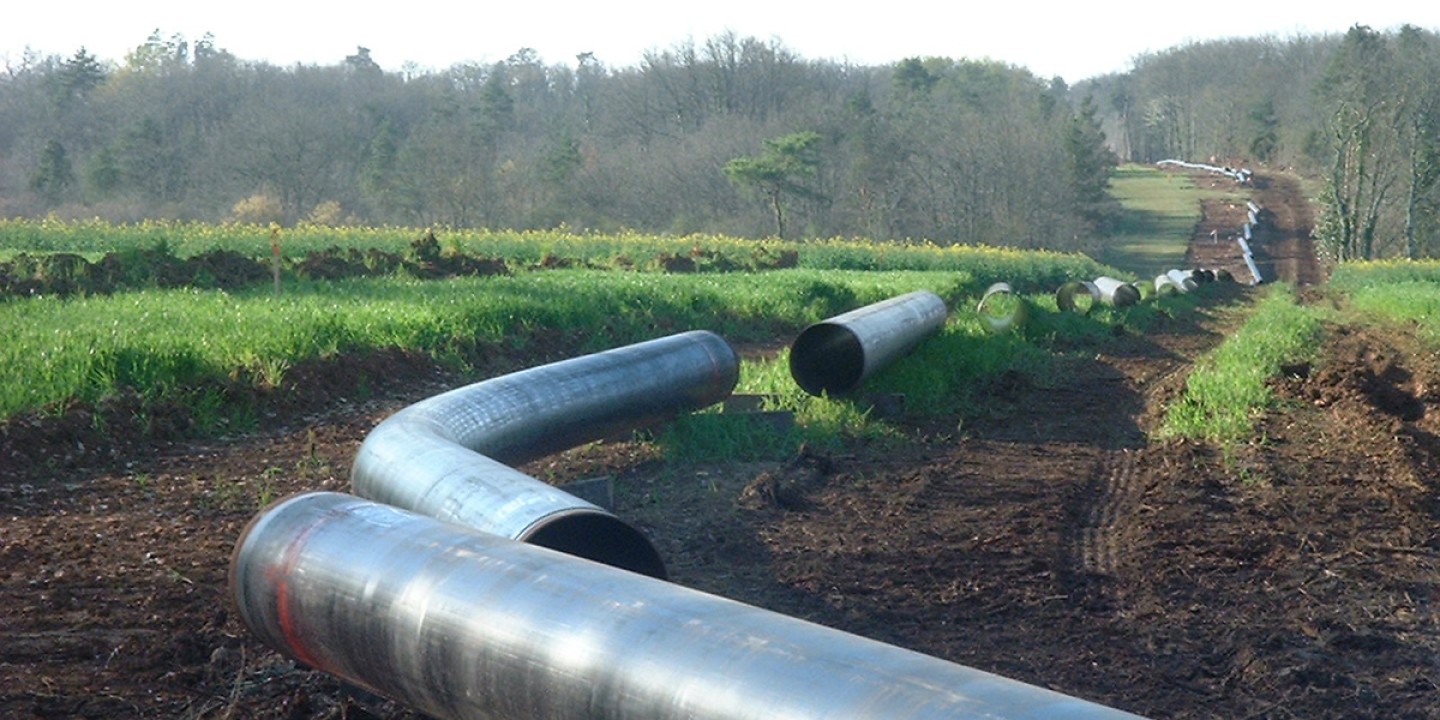How local activists shut down the Atlantic Coast Pipeline
The stakes were high for those in the pipeline’s path—and they fought accordingly.

Early last month, fossil fuel companies and their pipelines had a bad couple of days. A Supreme Court ruling halted the planned expansion of the massive Keystone Pipeline; the same day, a US district court ordered the Dakota Access Pipeline to be shut down and emptied. Both oil pipelines now face stricter environmental review and significant delays, despite President Trump’s efforts to fast-track them.
The previous day, there was a larger development farther east: the Atlantic Coast Pipeline was canceled. The proposed natural gas pipeline would have run 600 miles, from West Virginia to North Carolina, crossing both the Appalachian Trail and the Blue Ridge Parkway. It represented a long-term commitment to natural gas by joint developers Dominion Energy and Duke Energy. Now it won’t be built at all (see this news story).
In a press release announcing the news, Dominion made clear its assumption that pipelines are good things that should be quickly approved. Less obvious was the reason that didn’t happen this time: because activists successfully stopped the project, in part by repeatedly challenging it in court until the developers gave up. The press release also lamented that these legal challenges were brought against energy company practices backed by both Republican and Democratic presidents, as if such bipartisan support should give opponents pause. But many of the activists were local citizens who live in the pipeline’s proposed path. Their effort to stop it wasn’t about national politics or party—it was about their communities and their lives.
A compressor station was planned for Union Hill, Virginia, a majority black town settled by formerly enslaved people. Such stations emit millions of tons of air and water pollutants, and an explosion could incinerate everything within 1,000 feet. People in Union Hill got organized to resist the station and the pipeline. They did this through Union Grove Missionary Baptist Church (see “Church vs. pipeline,” July 17, 2019). They did it through Friends of Buckingham County, which did community research, participated in the public commenting process, and eventually took the developers to court. Elsewhere, people got involved through local chapters of groups such as Interfaith Power and Light. This was not a victory won by national activists who chose the pipeline for its symbolic value. It was won by local activists who personally had much at stake.
It’s often said that if you shut down pipelines, fossil fuels will just be transported some other way. But that doesn’t mean pipelines aren’t worth shutting down. Pipelines wreak havoc on particular people in particular places—especially when they leak, as the existing Keystone Pipeline did in 2017, but also when they don’t. Harm done to the global climate is made up of smaller, local harms done to people and to places.
Organizing can make a big difference. It’s tempting these days to despair that ordinary people have any power at all. The demise of the Atlantic Coast Pipeline is an inspiring win for local communities and local organizing.
A version of this article appears in the print edition under the title “Pipeline bust.”




